Showing results 471-480 of 488 for cast
Search results
-
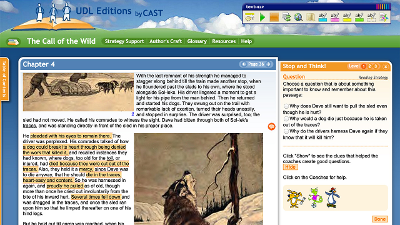
Publicized by Google around the world, UDL Editions was a model for presenting classic texts from world literature in a flexible online interface with just-in-time, individualized supports for struggling and expert readers alike.
-

An evolving resource collection to support inclusive remote learning, curated by CAST.
-
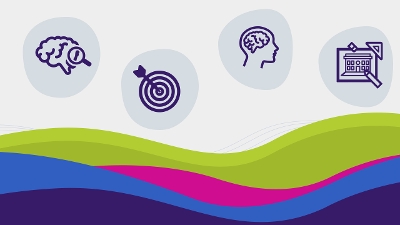
Opportunities for teachers and education leaders to increase their understanding of UDL and develop an action plan for implementing it in their classroom, school or district.
-
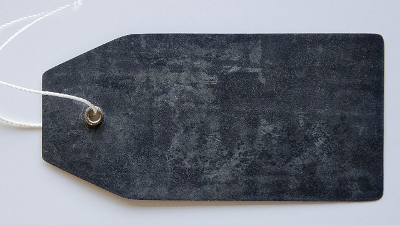
Students with learning disabilities often report feeling stigmatized and stereotyped in school settings. This can have dramatic effects on academic performance in critical subjects such as math. Such barriers to learning can, in turn, have a lifelong impact on achievement.
-
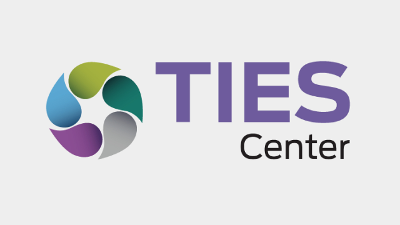
The TIES Center mission is to create sustainable changes in school and district educational systems so that students with significant cognitive disabilities can fully engage in the same instructional and non-instructional activities as their general education peers while being instructed in a way that meets individual learning needs.
-
Postsecondary & CTE: Instructor-Led Course
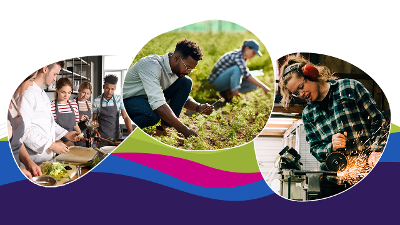
Tuesday, September 10 – Friday, November 1, 2024
Universal Design for Learning (UDL), a framework to improve and optimize teaching and learning for all people based on scientific insights into how humans learn can make the postsecondary teaching and learning experience better for everyone.
-
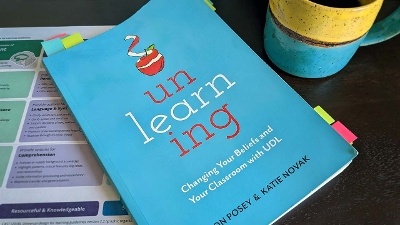
An important part of learning is unlearning habits and ways of thinking when trying to make substantive changes. Learn more about the Unlearning Cycle and how it affects educators when incorporating UDL into their practice.
-
The UDL Guidelines are a living, dynamic tool that is continuously developed based on new research and feedback from practitioners. Since the release of “Version 1.0” in 2008, CAST has released three other versions reflecting different structural and content changes. In 2020, CAST launched our most recent effort to update the UDL Guidelines. This update focuses specifically on updating the Guidelines through an equity lens. While the Guidelines have become a valuable tool to help practitioners design for learner variability, we recognize that gaps and biases exist. There has been a strong call from the field—both practitioners and researchers alike—to more fully develop the Guidelines to address critical barriers rooted in biases and systems of oppression. The current update aims to respond to this call and to work toward fulfilling the promise of the Guidelines as a tool to guide the design of learning environments that more fully honor and value every learner.
-
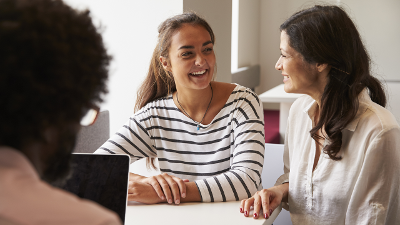
The Students and Families First Coalition brings together experts in special education, inclusion, and instructional effectiveness; improvement science; family engagement; and culturally responsive practices to assist schools in looking at special education practices.
-
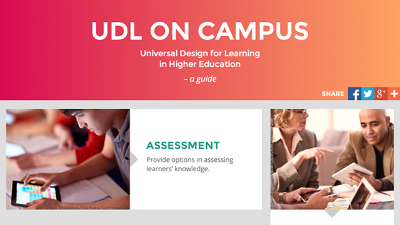
The Open Professionals Education Network (OPEN) provides free support and technical assistance to all grantees of the $2 billion Trade Adjustment Assistance Community College & Career Training
